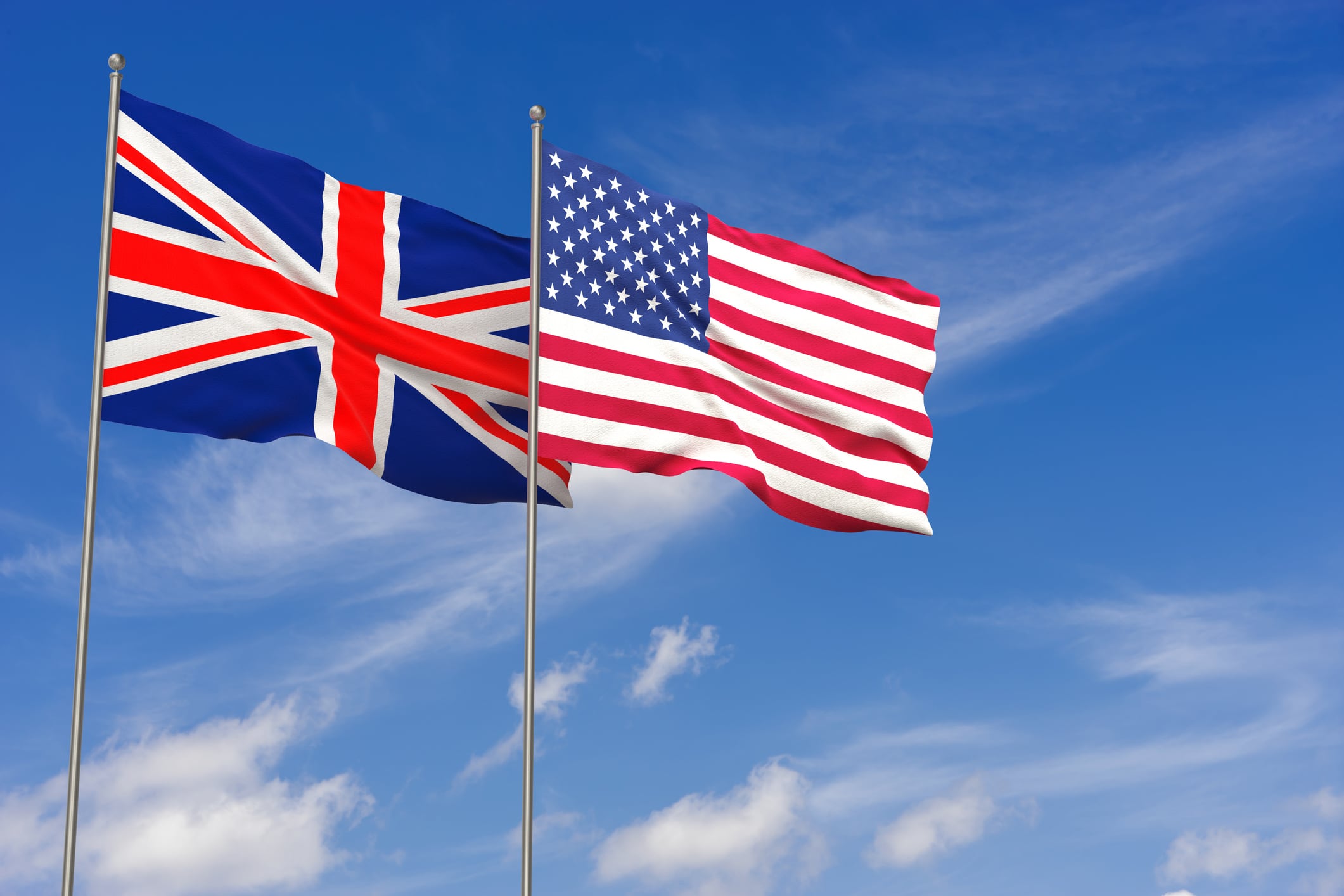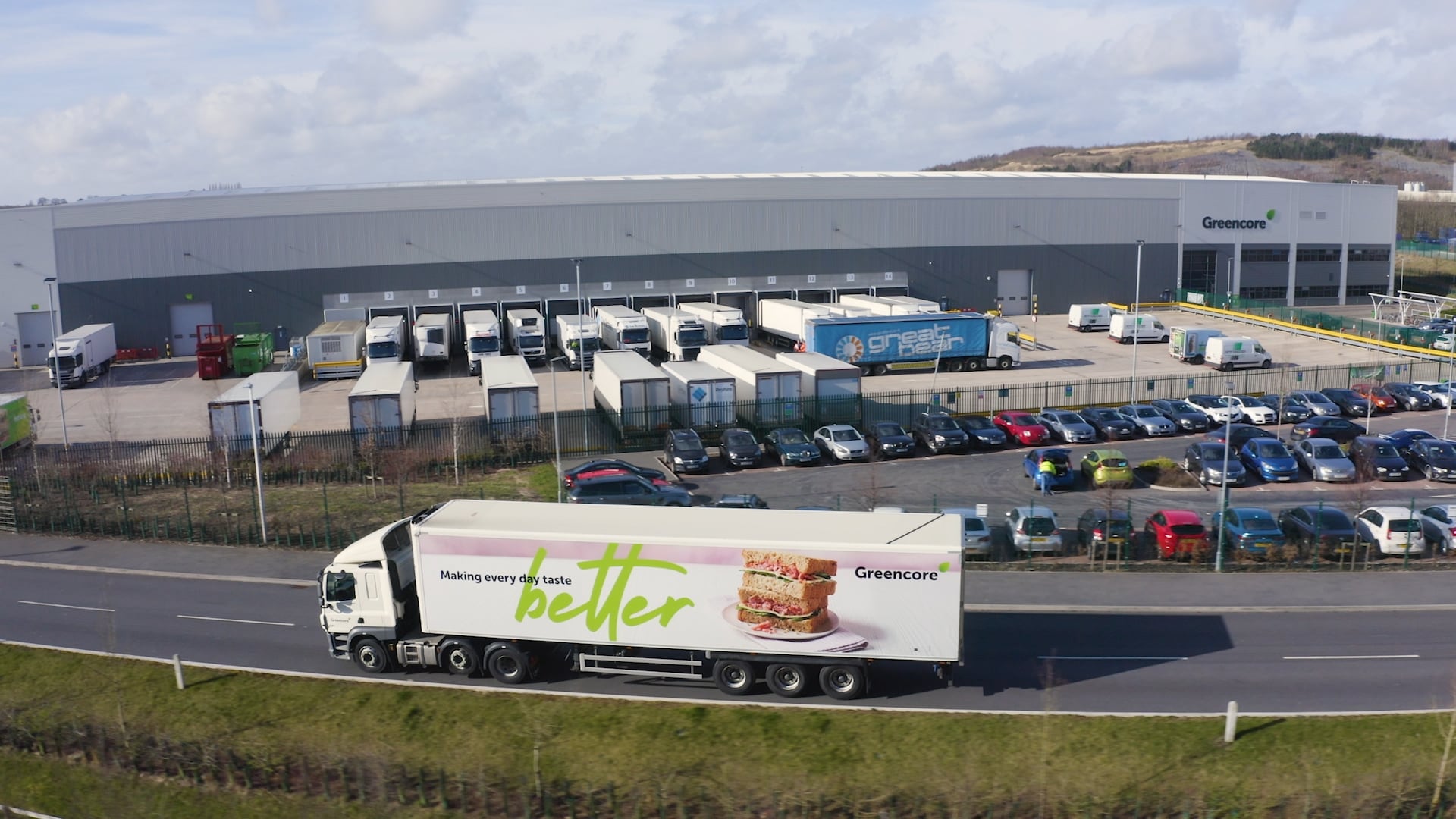The deal has significant implications for the food sector, with British beef farmers granted increased access to the US market for the first time.
The UK has been granted a tariff-free quota for 13,000 metric tonnes of exports to the US, while in return the UK has scrapped a 20% tariff on US beef exports.
This has also seen a 19% tariff on US ethanol scrapped, enabling the import of up to 1.4 billion litres annually, while the UK Government refused to weaken the food standards requirements on imports from the US.
Elsewhere, the deal includes a carve out for British cars and a reduction in tariffs on steel exports to the US.
“I know people along the way were urging me to walk away, to descend in a different kind of relationship – we didn’t,” prime minister Keir Starmer said.
“We did the hard yards. We stayed in the room. I’m really pleased to say to the workforce here and through them to the country, how important I think this deal is.”
Meanwhile, US president Donald Trump hailed the agreement for granting “increased market access for American exports, especially in agriculture, dramatically increasing access for American beef, ethanol, and virtually all of the products produced by our great farmers”.
Food sector responds
Reacting to the deal, chief executive at the Food and Drink Federation (FDF), Karen Betts said it was positive news for the UK economy.
“There is obviously still the question of the 10% tariff that continues to apply to food and drink exports,” Betts continued.
“We hope that this deal creates the space and momentum for continued discussions about removing those tariffs too.”
NFU president Tom Bradshaw praised the government for listening to agricultural sector and greeted the reduction of tariffs on beef.
“We appreciate the government’s efforts in listening to our concerns, particularly around maintaining high standards, protecting sensitive agricultural sectors and securing reciprocal access for beef,” Bradshaw said.
“For several years, we’ve campaigned with the UK’s agricultural attachés in Washington for market access for British beef, a product globally respected for its quality and strong environmental credentials. These efforts have contributed to enabling the UK government to secure ring-fenced access for British beef exports to the US.”
However, Bradshaw also noted that there were drawbacks to the deal: “Our biggest concern is that two agricultural sectors have been singled out to shoulder the heavy burden of the removal of tariffs for other industries in the economy.”
He then acknowledged that the announcements were “not the end” of negotiations between the UK and US.
“UK agriculture cannot continue to shoulder such imbalances in future negotiations,” Bradshaw concluded.
Finally, Red Tractor CEO Jim Moseley urged the government to continue to maintain food standards in any future negotiations.
“The standards which farmers and manufacturers produce food to in the UK set us apart from the rest of the world,” Moseley said.
“The UK Government must continue to defend UK food standards and farmers by ensuring any products entering the UK market do not undercut the high standards of British produce that consumers have come to expect.”





